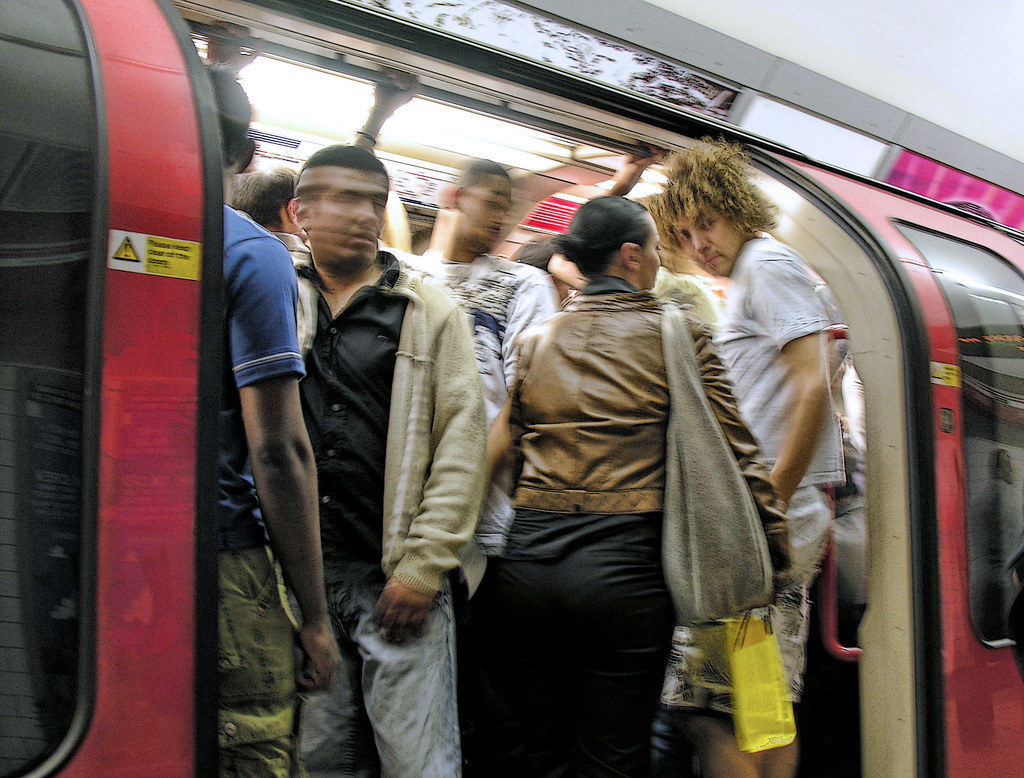Elsie Greenwood

The past two months have been like no other in my life, the way society has disintegrated and changed has been remarkable. In many respects these developments are a sociologist’s dream – humanity, our systems of rule and particularly our political “harmony” has been exposed for what it is: impermanent.
When I watched the PM’s recent coronavirus update I sat in disbelief, the government line was both bewildering yet blatant in its ambition. It seemed non-sensical, never explaining what it actually meant to “stay alert”, yet brazenly saying those who cannot work from home are “actively encouraged” to return to employment before any workplace safety guidance had been released. To me, this read as: “we are succumbing to the desires of the liberal middle classes and will let them sunbathe and see friends in the park whilst we will keep the economy trudging along on the backs of the working class”. Because who are those unable to work from home? It’s the cleaners, factory workers, delivery drivers and builders.
The PM’s class-less analysis of his new policy didn’t stop there, he also gave recommendation to not use public transport to travel to work. 70% of working-class people in London use public transport to get to work, most Glaswegians don’t have a car, it was no surprise the news headlines following the PM’s updates were vilifying workers “pilling onto tubes”- as if no one could have predicted such an outcome. It’s hard to understand if the government is feckless or if they genuinely see working lives as dispensable?
When contemplating such a question as the one above, we should question why we use the use of the terms “key worker” and “hero” when referring to front line workers. Whilst I am obviously in awe of the working people risking their lives during this crisis, I find issue with these terms for particular reason. I worry they are a form of comfort blanket to help those of us sat at home moralise and justify people dying for us. When a key worker dies, it is tragic, but for some reason isn’t shocking. Whilst I will note we have been doing this since the war, it’s time we stop glorifying the deaths (of frequently working-class people) in times of crisis instead of asking the government why they aren’t doing more to protect working lives.
Now contrary to the opinion of many leftist men I encounter on twitter the working class isn’t just white men and thus we mustn’t white wash the problems Coronavirus has exposed. The virus is having a devastating impact amongst the working class BAME community – who have been disproportionately affected by the virus. Black men and women are dying at 4 times the rate of their white contemporaries, and 72% of our “key” NHS workers and carer deaths are BAME. The government needs to recognise they continually fail these communities: whether it’s Grenfell or Coronavirus, BAME communities are being hurt by the negligence of the British state.
Truthfully, the outcomes of this pandemic could have been predicted. The way the world works is unsurprising, class inequality permeates every corner of society, if austerity hurts the working classes the most, why wouldn’t a global pandemic?
But, we aren’t without hope.
If the coronavirus has done anything it has thrown societies biggest issues on to the front page of every newspaper, it has made the low skilled worker the key worker. The governments ability to change policy overnight has shown us it doesn’t have to be this way. This could be the time we actually start valuing those workers who are the backbone of this country, not just with an applause but with decent pay. I believe the system is shaking in its foundations, and time is up for those who think society has to be this way.
Elsie Greenwood is a undergraduate sociology student going into her third year at Edinburgh. She has been an active member of the Labour Party for 5 years and is co-chair of LGBT Labour in Scotland. She is a member of GMB the trade union and is on the Scottish Trade Union Youth Committee as the GMB representative. Some of her academic interests include: racial and class inequalities in the justice system, policing and social housing.
